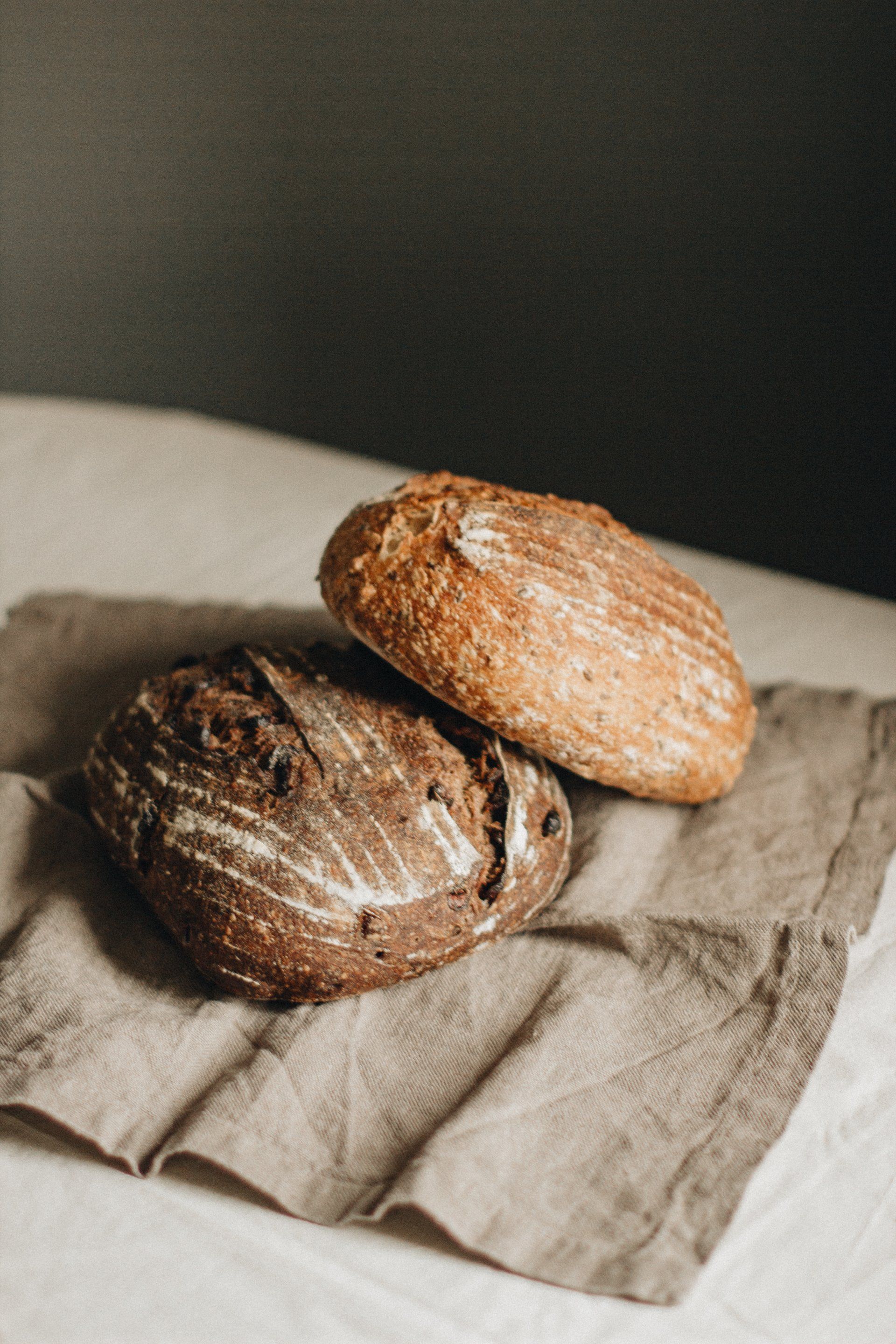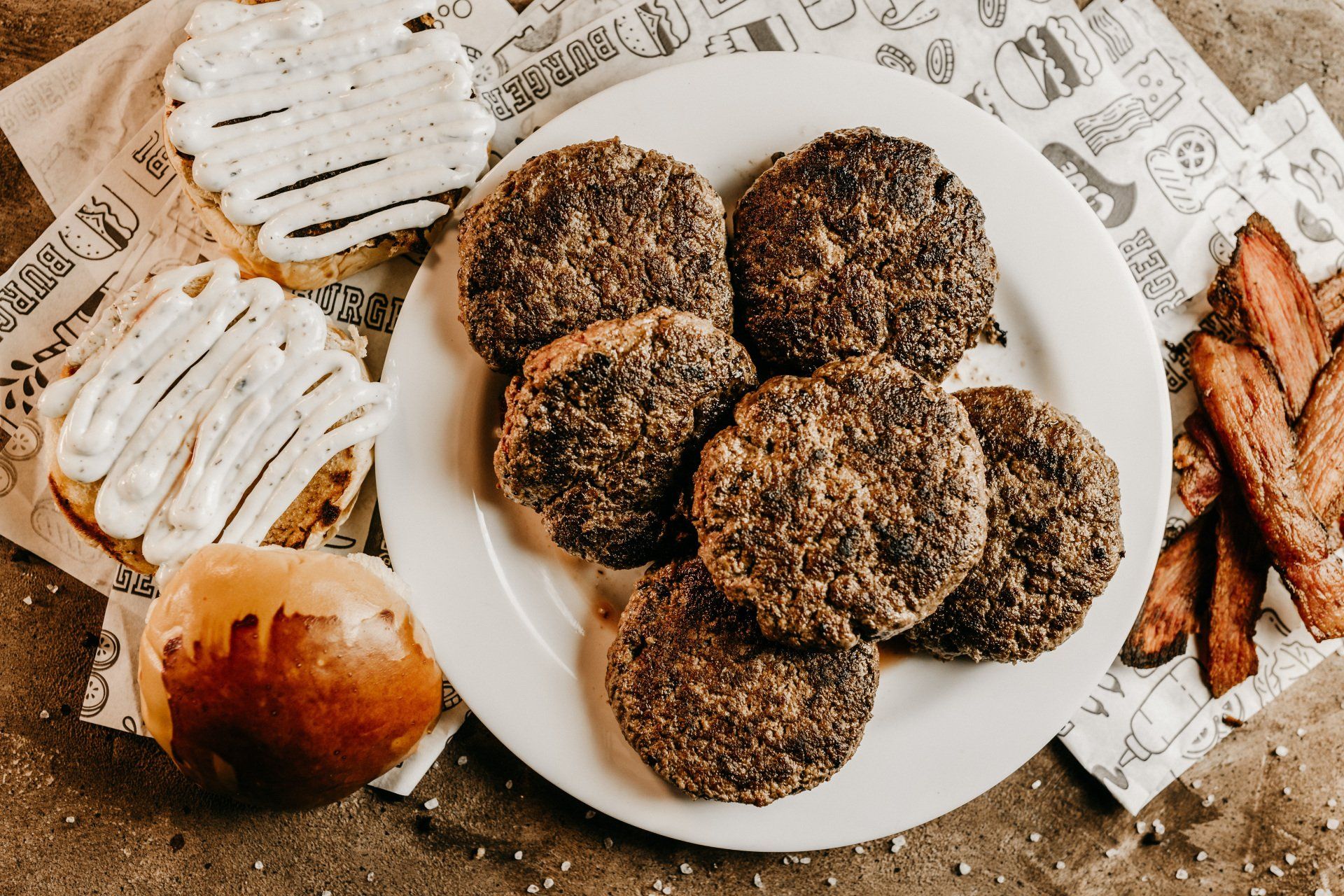One of my good friends describes themselves as “gluten intolerant” (they don’t have celiac), so they go out of their way to avoid gluten in their life (come to find out they only do it with food, not personal care and cosmetic products which can cause problems in those with celiac). One day, they were accidentally fed a “gluten-full” tortilla by their spouse, and once their spouse told them their meal accidentally had gluten, she automatically developed symptoms. The spouse picked up on this, so he decided to run his own social experiment. He made a dish for dinner with “gluten-free” items (they were gluten-full), and told her everything was gluten-free. Guess what happened? SHE HAD NO REACTION. She didn’t think she consumed gluten and had no symptoms from it. Oh my, how the human mind is fascinating and powerful!
I know many people like this, those who avoid gluten for “health reasons”, but don’t have celiac; I used to be like this. Avoiding social events, causing stirs if something had breading or wheat in it, and being scared to try new craft beers with my dad. Turns out, when I’m in the right mental space, I handle gluten just fine. This article is for those of you who are terrified of eating gluten. This article is to let you know that in certain situations, eating gluten-full will be the best thing for your health.
Expanding Markets and Marketing
Much of the current gluten-free (GF) craze is likely a marketing ploy from internet “health-gurus” and “healthy” food companies. Don’t get me wrong, if you have celiac disease, you should avoid gluten like the plague, or if you have non-celiac gluten sensitivity (NCGS), or Irritable Bowel Syndrome (IBS), you’re likely better off avoiding gluten.
The GF product market was valued at $4.3 billion in 2019, which is similar to the entire profits from Costco in that same year. The GF market is expected to nearly double to $7.5 billion by 2027 (1). Someone has to pay for this expected increase and guess what: GF product makers are hoping it comes from you and me.
Speaking of marketing, let’s touch on the price comparisons. Gluten-free alternatives usually carry a higher price tag due to both marketing tactics and the fact that it isn’t cheap for companies to certify their products as gluten-free. In order to certify a product as such, yearly testing is performed by the third party organizations such as the Gluten Intolerance Group of North America, National Sanitation Foundation (NSF), or Beyond Celiac. If I remember one thing from business school, it’s that companies pass their increases in expenses onto us consumers.
Donuts, Cheesecake, & Europe
If you’re at a social gathering/event with family, friends, and loved ones, and grandma offers you a piece of her homemade cheesecake, don’t you want to try a piece?! I used to be the person who would bring his own dinner to friend and family gatherings, total outcast (which I put on myself). At the time, I thought I was doing the right thing. My friends and family would judge me, give me sideways looks, say things under their breath, and you know what, I was doing exactly the same to them.
If you’re someone who has an “all-or-nothing” mentality when it comes to nutrition, gluten-full may help you. You’re either following strict paleo, or you’re binging on a half-dozen donuts from Walmart at 1am (definitely haven’t done that before…). You’ve heard all the news on how harmful gluten is for you, so then you mentally beat yourself up for having those donuts.
In this instance, maybe it would be most beneficial for you to consume gluten, in moderation, to almost tell your brain that gluten isn’t a forbidden food. This way, your brain doesn’t feel like it has to have all the gluten in the world when you have one bit of a carrot cake muffin. Go have a beer with your spouse, go have some donuts with your parents, or pick up a pizza for your son/daughter’s graduation. Whenever I do this, I always try to buy things from local brewers, bakers or farmers markets, which makes me feel a bit better about myself.
Many of us have heard the anecdotal stories about people who go to Europe, have their wheat-based products, and handle it 10 times better than American wheat. Is it GMOs? Is it non-pesticide sprayed crops? Are European governments trying to make us healthier? Or, is it that when people are in Europe, usually it’s on vacation. No alarm to wake up to, no emails (hopefully) to respond to, no fires to put out at the office, and all the amazing sight-seeing activities. Their mental space has primed their bodies to handle foods they normally can’t.
Uh-oh Oreos?
Gluten-free is becoming synonymous with “healthy”, when in reality, this couldn’t be further from the truth. Lets take gluten-free Oreos for example. Literally, the only difference between the two, is tapioca starch and rice flour instead of “unbleached enriched flour. ” There’s also “invert sugar” in the gluten-free versions vs “high fructose corn syrup” in the normal Oreos (Invert sugar is so close to the same chemical composition as high fructose corn syrup it’s not even funny, thank you marketing).
Whether you eat an entire sleeve of gluten-free, or gluten-full Oreos, it’s the same metabolic consequences. The same goes for gluten-free chicken tenders, pizza, donuts, and beer. Again, these foods have their place, and that place belongs in the pantry of those with Celiac or NCGS.
If you or someone you know is dealing with gluten-sensitivity, and you’d like to be able to consume gluten symptom-free, I highly encourage you to seek out a Functional Medicine Practitioner. Rather than being sensitive to gluten, you may actually be sensitive to the FODMAPs in wheat (gluten is a protein in wheat, and FODMAPs are the carbohydrates of wheat).
I’m not saying you should be able to eat pizza everyday and feel amazing, but rather you’d like to enjoy some cake at your friend’s or child’s birthday and not feel like a brick wall hit you after. Of course there are people who would just rather avoid gluten altogether, and I totally understand that. This is for those who would rather have their cake, and eat it too.
If you did enjoy this article, I’d really appreciate it if you looked at the upper left hand corner, and gave the article an applause. If you’d like further information on optimizing your gut health, living with autoimmunity, and listening to me rant, make sure to give me a follow as well.
As always, Trust in Your Gut.
Disclaimer: The contents of this article are for educational purposes only, and are not intended to diagnose or treat any condition. Do not apply any of the information in this article without first speaking with your doctor.








